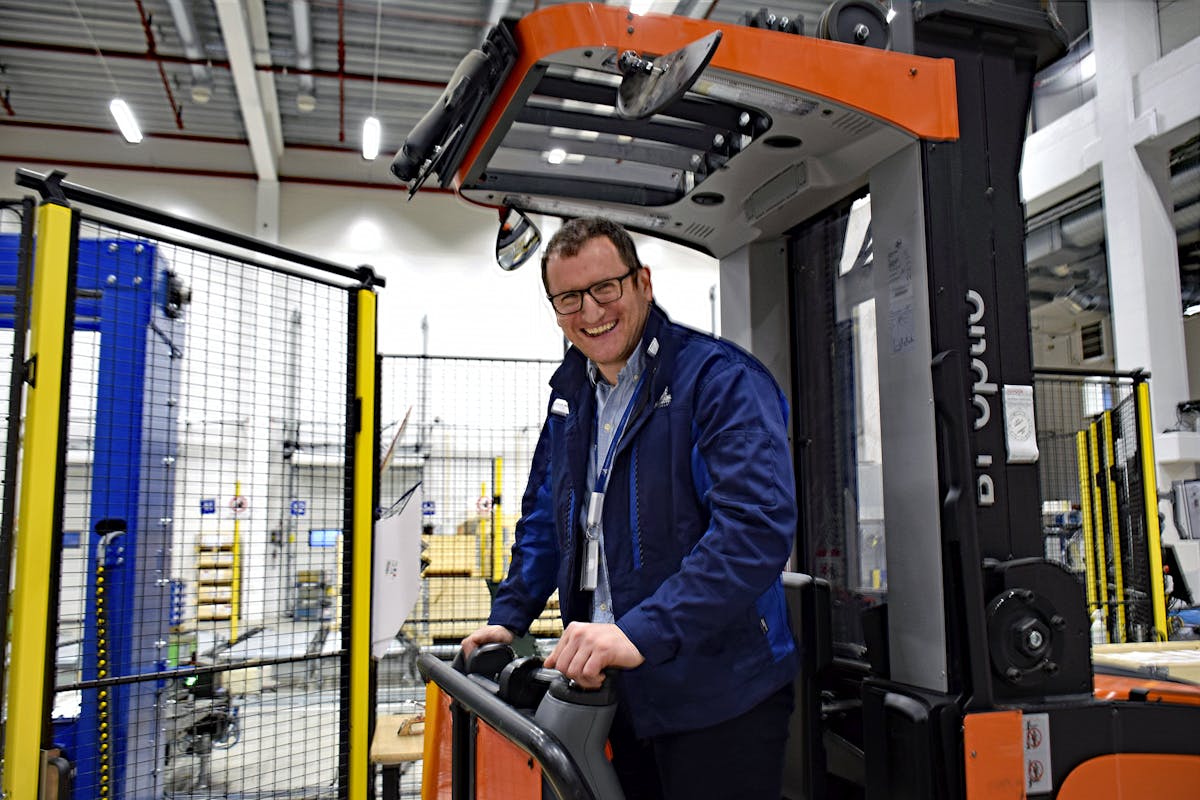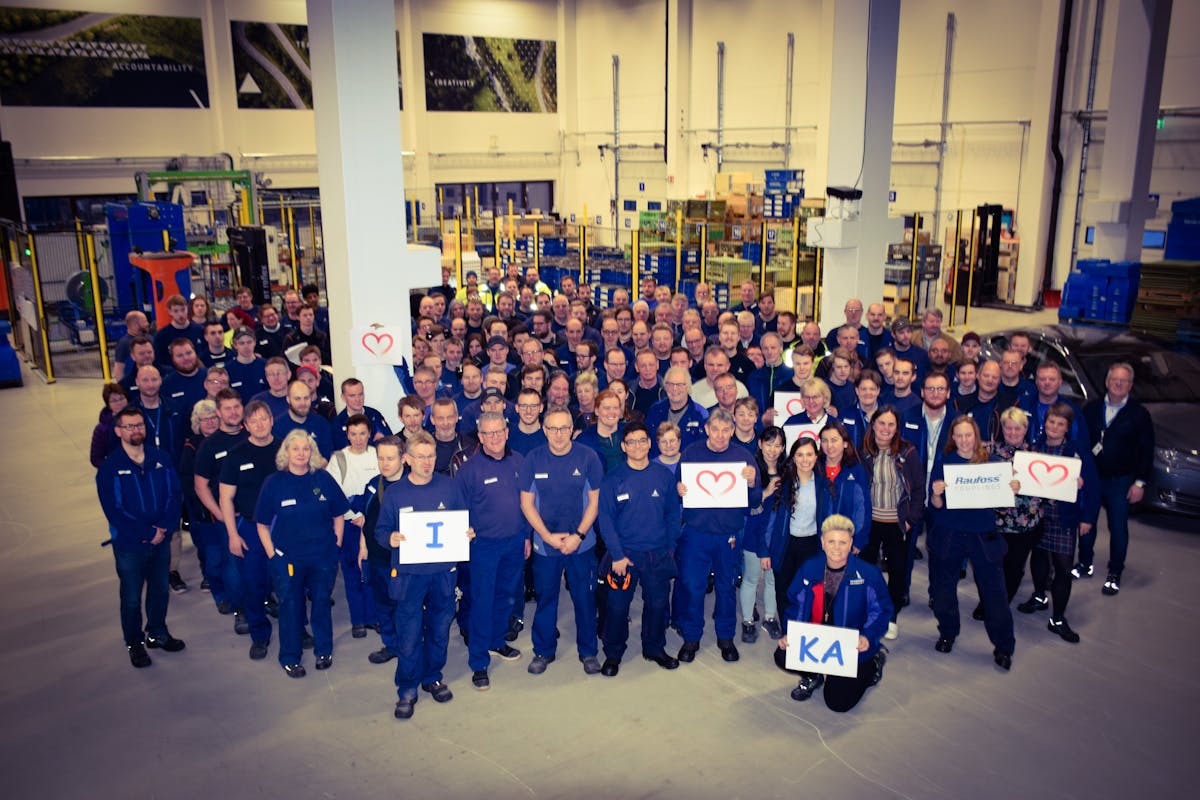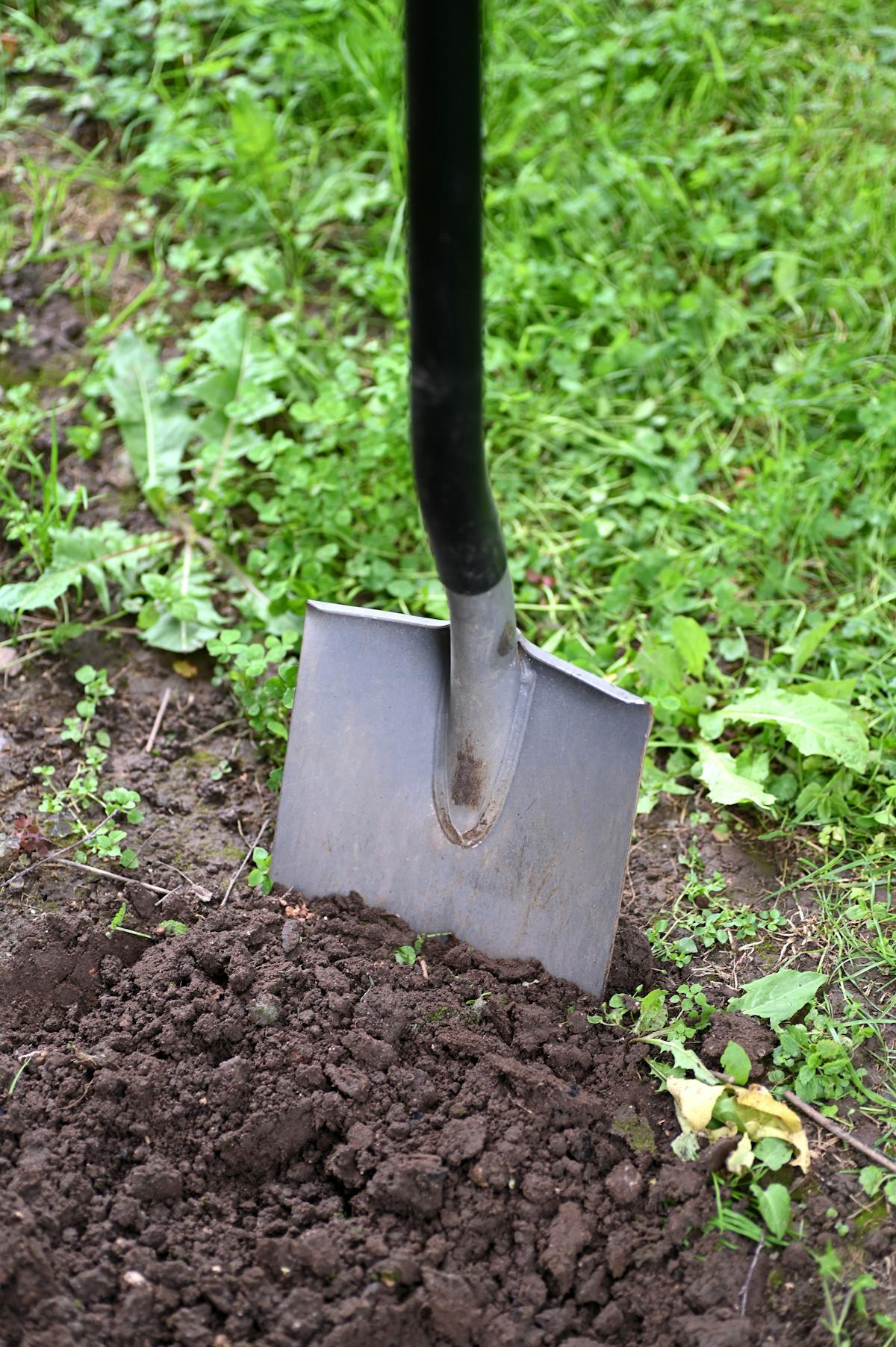What is cheaper – for one person to make a spade or for seven people to collaborate on the task?
So asks Drilon Hulaj, who is in his third year as factory manager of KA Couplings, Raufoss. Hulaj, a technical engineer with a background at Volvo and Thule, was convinced to move his wife and kids to Norway to manage the factory with 250 employees, 600 million kroner in sales revenues and world-leading brake couplings. Having been raised in small-town Sweden, the transition was not too stark, but here he was bewitched by summers at Lake Mjøsa and the fact you can take a dip year round in all weathers.

From the ground up
With a broad background in mechanics, quality improvement, engineering, product development and project management, plus experience from both smaller and larger manufacturing companies in Sweden, he sees a great potential for Raufoss Industrial Park. “We are proud of the park and we have every right to be. Compared to Sweden, where there are lots of parks like this, we may seem like small fry. But it’s the same as when the Swedes take the ferry across to the industrial behemoth that is Germany, we always compare ourselves with the best and we’re never satisfied.”
Onwards and upwards
The Swedish entrepreneur is no doubt both young and aspiring, with a burning passion for efficient production. Previous experience and a broad network give him a good basis for comparing and assessing the local industry. “Flowers don’t normally sprout up from the asphalt, but every now and again they do and certainly here at Raufoss. That something so sophisticated and technologically advanced has been developed in a high-cost country and in an area without natural assets really ought not to be possible. The way the park has transitioned from a single group in the defense industry to something totally different is relatively unique.” Hulaj draws parallels to Bofors and Karlskoga in Sweden which have been in the same situation and are struggling with transition following disarmament of the defense industry. “A transition like that – from defense to specialist automotive manufacturing that meets all quality requirements – is pretty fantastic, and definitely a position to be further boosted and leveraged. How can we involve more and exploit this competency?”
He takes his own factory as an example – i.e a process which links two tubes with a coupling in between, knowledge which is relevant and transferable to many additional markets. “We know brass, we know injection moulding and we know how to assemble couplings. In all applications in the world where there exists a need to join two tubes together – whether it be air, water, oil or other liquids – there exists a potential for us and so it is up to us to take advantage. What can we deliver on?” Against this backdrop, KA Couplings is now going full pelt into a new segment and they are expecting to double their revenues in the business unit. The relevant industry knowledge he has acquired via the industrial park network has given him the opportunity to develop yet even further.

Culture of sharing
Hulaj’s theory is that it all comes down to culture and how this culture of improvement develops over time to constantly become better – developing what makes Raufoss unique, that quality which makes flowers bloom through the asphalt. This is exemplified by the fact that many of the park’s employees are immigrants, and that new impulses and skills are continuously streaming in. The fact that there is no internal market competition and so absolutely everything can be shared internally, from technology to staff who change employer, without this being problematic. The fact investments are shared. And even downturns and things that go wrong. “The more we share within our own confines, the better the end result will be in the long term for us,” emphasises Hulaj. There is thus also a need to become even better at opening up the park and inviting the public in so that we can showcase all the exciting things being done and in that way drum up more interest in industry with a view to ensuring new recruits. We need to inspire kids and young people before they find interests elsewhere.
In the name of efficiency
“Never before in history have we produced so much with so few people, and that is just how it should be. That journey can never stop. You will never hit 100%, you will never cross the finish line – you just have to keep going and going,” says Hulaj. With China still the workshop of the world and Eastern Europe constantly gaining ground in terms of both manufacturing equipment and efficiency, high-cost regions like Scandinavia need to put full focus on efficiency, automation and constant improvements. “Don’t get me wrong, hiring people when they’re needed is never wrong, but they are also visible proof that you weren’t able to automate or streamline.”

Back to the spade
So what is the answer, then? Is it cheaper for one person to make a spade on their own, or can seven pairs of hands do it cheaper? The answer lies in how efficiently these seven pairs of hands manage to make the manufacturing process, and how much less time they spend overall. The first spade will likely cost a small fortune, while seven workers together will achieve much greater efficiency, allowing them to sell many more spades at just a fraction of the price. According to Hulaj, this is the essence of efficient production. The goal is not to minimise staffing levels, but to ensure the right number of staff and the right resources in the right place so that production can be as efficient as possible. And where it makes most sense, to adopt new tools which can automate manual processes. “This is what makes the players at Raufoss Industrial Park the best in the game, and what we must never stop developing. That way more flowers will continue to bloom,” concludes Hulaj.